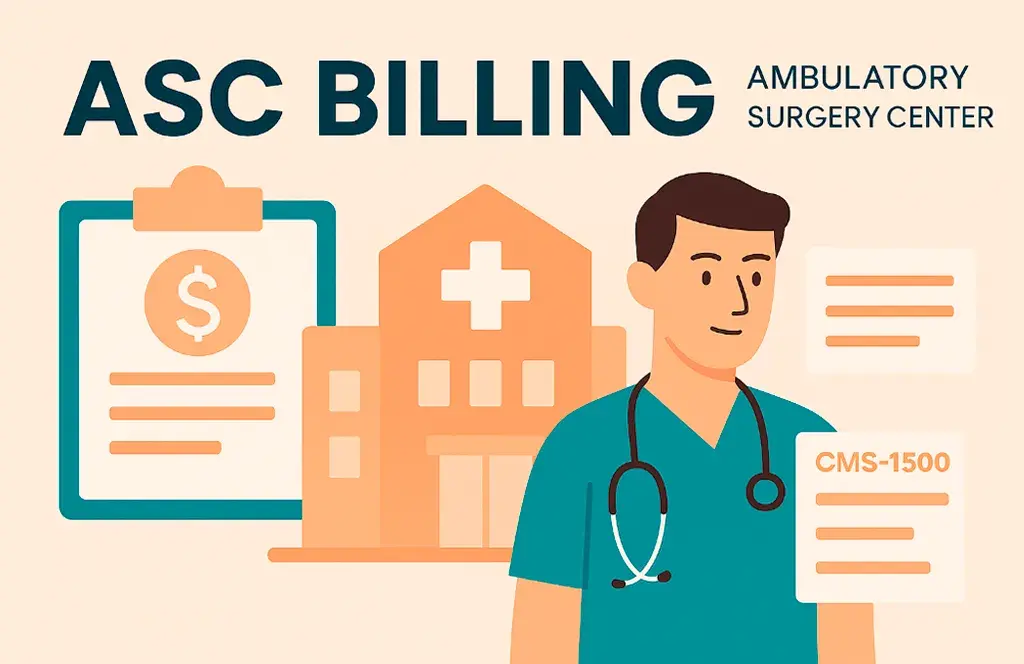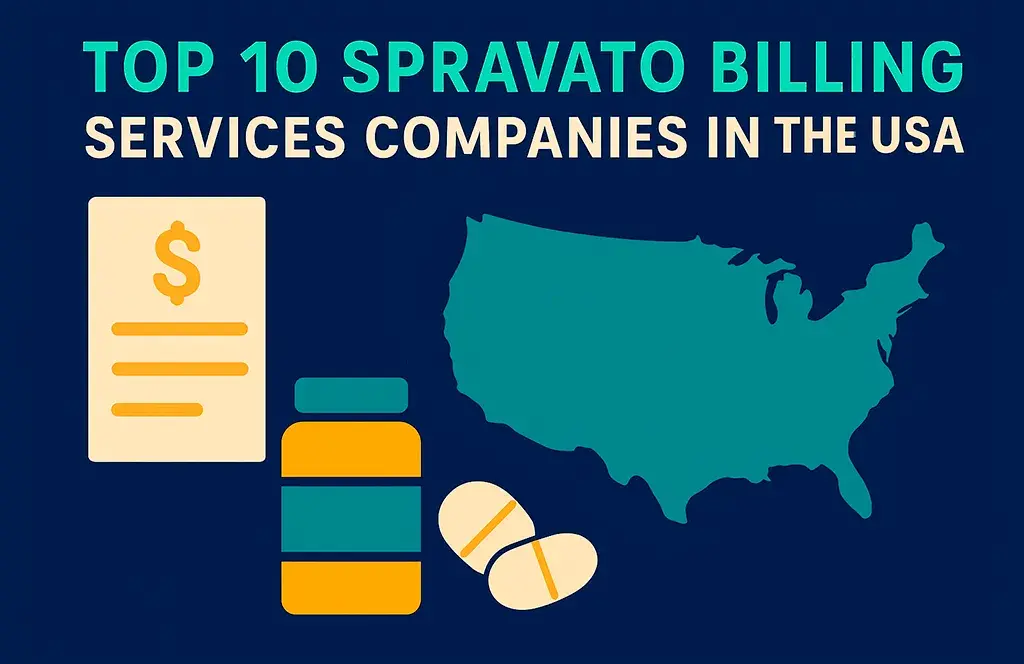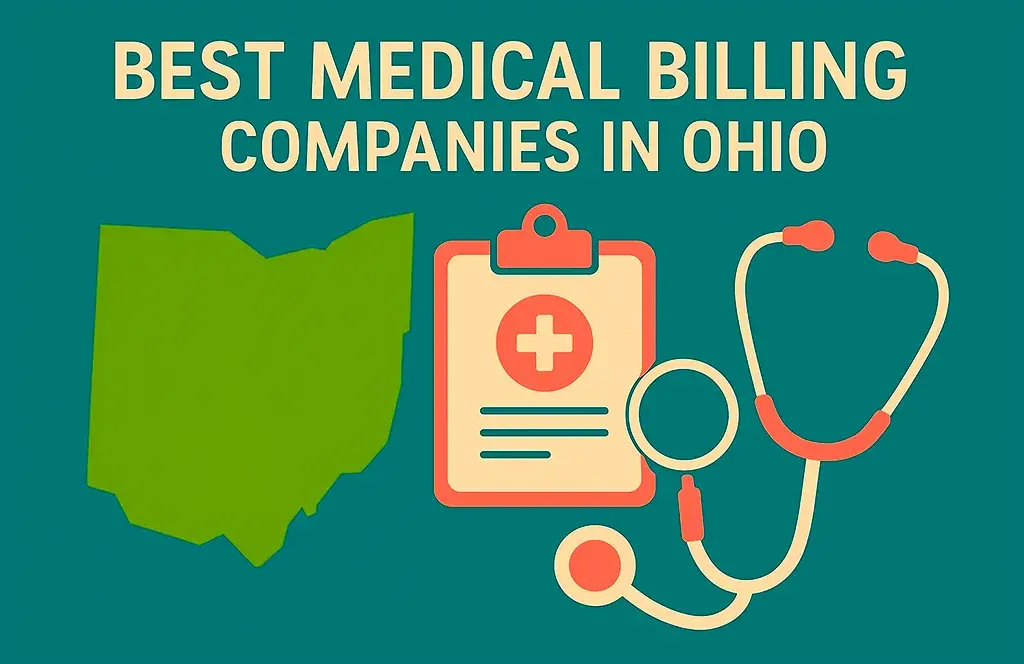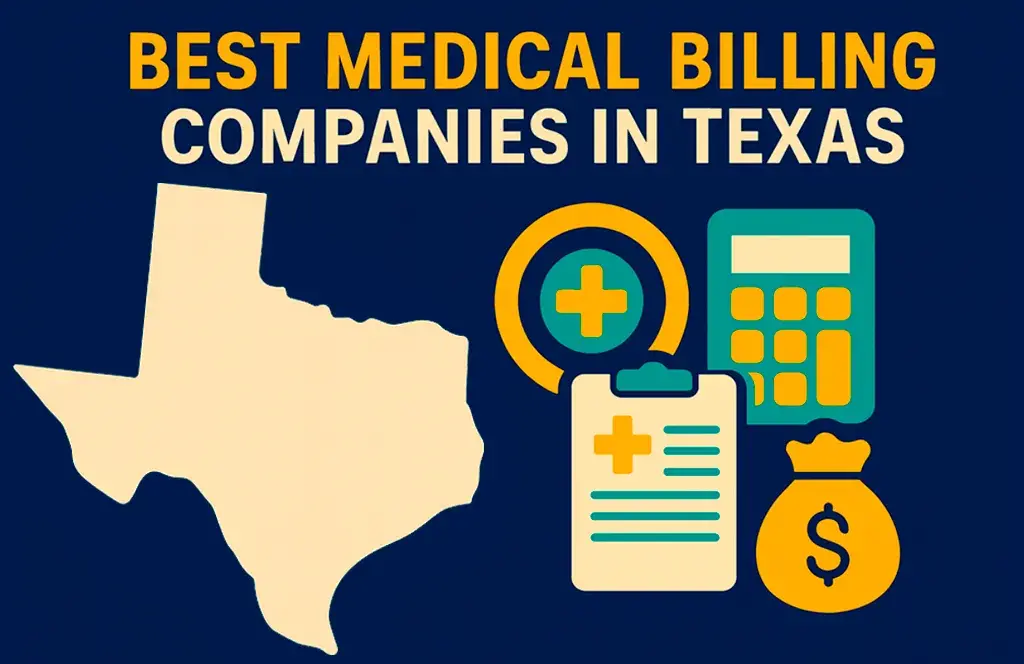Table of Contents
ToggleUnderstanding ASC Billing Management Basics
Ambulatory Surgery Centers are specialized facilities that provide same-day surgical care without requiring patients to stay overnight. Services may range from diagnostic procedures such as colonoscopies to more advanced surgical interventions that still qualify as outpatient care.
In medical billing, ASCs occupy a unique space between hospital outpatient departments and physician practices. While they use many of the same coding systems as other providers, their billing process has specific rules and forms that set them apart.
Key distinctions include:
- Claim Forms: Hospitals typically use the UB-04, while ASCs rely on the CMS-1500 form for reimbursement.
- Special Requirements: To bill as an ASC, a facility must meet certification requirements and maintain a written agreement with the Centers for Medicare & Medicaid Services (CMS).
- Scope of Services: Only certain approved procedures are eligible for reimbursement in an ASC setting.
Types of Ambulatory Surgical Center Facilities
ASCs are categorized based on their ownership and operational structure. This classification influences billing procedures, reimbursement policies, and compliance requirements.
- Independent ASCs: Operate as freestanding facilities, not owned or controlled by a hospital or another provider.
- Hospital-affiliated ASCs: Function under common ownership or licensure with a hospital, but still follow specific ASC billing rules.
Both types must demonstrate compliance with CMS standards, maintain proper documentation, and submit claims correctly to ensure they reimburse accurately.
ASC Billing and Medical Coding Department Fundamentals
Although ASC billing uses familiar CPT, HCPCS, and ICD-10 codes, the way they are applied differs from physician or hospital billing. Medicare and many private payers require careful adherence to modifier use, claim structure, and bundled service rules. Every ASC biller must understand how to apply billing and coding guidelines effectively, especially when dealing with the Medicare Physician Fee Schedule.
Claim Submission Requirements
To ensure clean claims and timely reimbursement, Ambulatory Surgery Centers must follow strict claim submission requirements. These include the following:
- Form CMS-1500: The standard claim form for ASC services.
- Modifier SG: Indicates the service was performed in an ASC setting.
- Place of Service Code 24: Identifies the facility as an ASC.
Common Coding Challenges
Even experienced ASC billers face recurring coding issues that can lead to denials or payment delays. The most common challenges include:
- Device-Intensive Procedures: The cost of devices is often included in the procedure code, not billed separately as a charge.
- Open vs. Arthroscopic Procedures: If an arthroscopic surgery is converted to open, only the open procedure should be billed.
- Coverage Limitations: Not all hospital-eligible procedures are allowed in an ASC. CMS maintains an approved list that is updated annually.
In practice, billing and coding services at ASCs deal with extensive rules and a set of codes or billing that must be applied carefully. Mistakes often occur when coders bill based on procedure titles instead of operative reports. To determine accuracy, coders must compare operative notes with claims, ensuring treatments and diagnoses are reflected correctly.
Services Covered Under ASC Reimbursement
Coverage for ASC services depends on CMS regulations and payer-specific policies. Generally, reimbursement includes both the facility fee and ancillary services tied directly to the surgical treatment.
Covered facility services often include:
- Nursing and technical personnel services
- Operating and recovery room usage
- Surgical dressings, supplies, and anesthesia materials
- Intraocular lenses and certain implantable devices
Some services are specifically excluded from the facility fee and billed separately, such as:
- Physician professional fees
- Non-implantable prosthetics
- Durable medical equipment for home use
- Ambulance services
Regulatory And Compliance Considerations for ASC Risk Management
ASCs must comply with strict guidelines to maintain certification and qualify for reimbursement. Compliance failures can lead to denied claims, fines, or loss of certification.
Key compliance areas:
- Medicare Regulations: Only procedures that pose minimal risk and do not require overnight hospitalization are approved.
- Documentation: Operative reports must match billed services exactly, with full details provided in case of terminated procedures.
- Modifiers for Terminated Procedures: Modifier 73 (before anesthesia) or Modifier 74 (after anesthesia) must be used to indicate incomplete surgeries.
Maintaining compliance requires continuous staff education, regular audits, and close monitoring of CMS updates. Highly specialized coders are often needed to navigate these complex requirements.
Common Errors And Solutions To Avoid Them
ASC billing is prone to mistakes that can delay pay or trigger denials. Awareness of frequent pitfalls helps streamline the revenue cycle.
Frequent errors include:
- Coding based on procedure titles instead of operative reports
- Omitting required modifiers such as SG, 73, or 74
- Billing separately for services included in the facility fee
- Submitting claims for non-covered procedures
Prevention strategies include:
- Conducting regular training for coders and billing staff
- Implementing software tools to flag incomplete or incorrect claims
- Establishing a pre-submission audit checklist
Benefits Of Effective ASC Billing Practices
When managed correctly, ASC billing supports both financial performance and patient care. Accurate billing reduces claim denials, accelerates cash flow, and ensures compliance with regulatory standards.
Some advantages include:
- Financial Stability: Faster reimbursements and fewer write-offs strengthen the facility’s revenue cycle.
- Improved Patient Experience: Efficient billing reduces administrative delays and confusion for patients in the office.
- Operational Efficiency: Streamlined processes free staff to focus on clinical care rather than administrative burdens.
Outsourcing medical billing services to specialized partners or investing in advanced RCM systems can further improve accuracy and compliance. These comprehensive solutions ensure every medical specialty can benefit without needing a new set of codes each time.
Transform Your ASC Billing Into a Revenue-Driving Asset
ASC billing is complex, and even small mistakes can lead to claim denials, delayed reimbursements, and rising A/R days. Our team specializes in ensuring that your claims are submitted clean, compliant, and fast — so every dollar your center earns gets collected without unnecessary delays.
With Swift, you gain:
- 90%+ clean claim rate and faster CMS-1500 processing
- 30% reduction in A/R and 15–20% revenue growth
- Proven expertise across 40+ medical specialties, including ASC billing
- Industry trust: partnerships with MGMA and HBMA, and more than 120 positive reviews
Our approach blends technology, compliance-driven processes, and industry expertise. The result? Fewer denials, higher approval rates, and a predictable revenue cycle that supports your practice’s growth.
Schedule a Free ASC Billing Audit today and discover how to increase your practice revenue.




